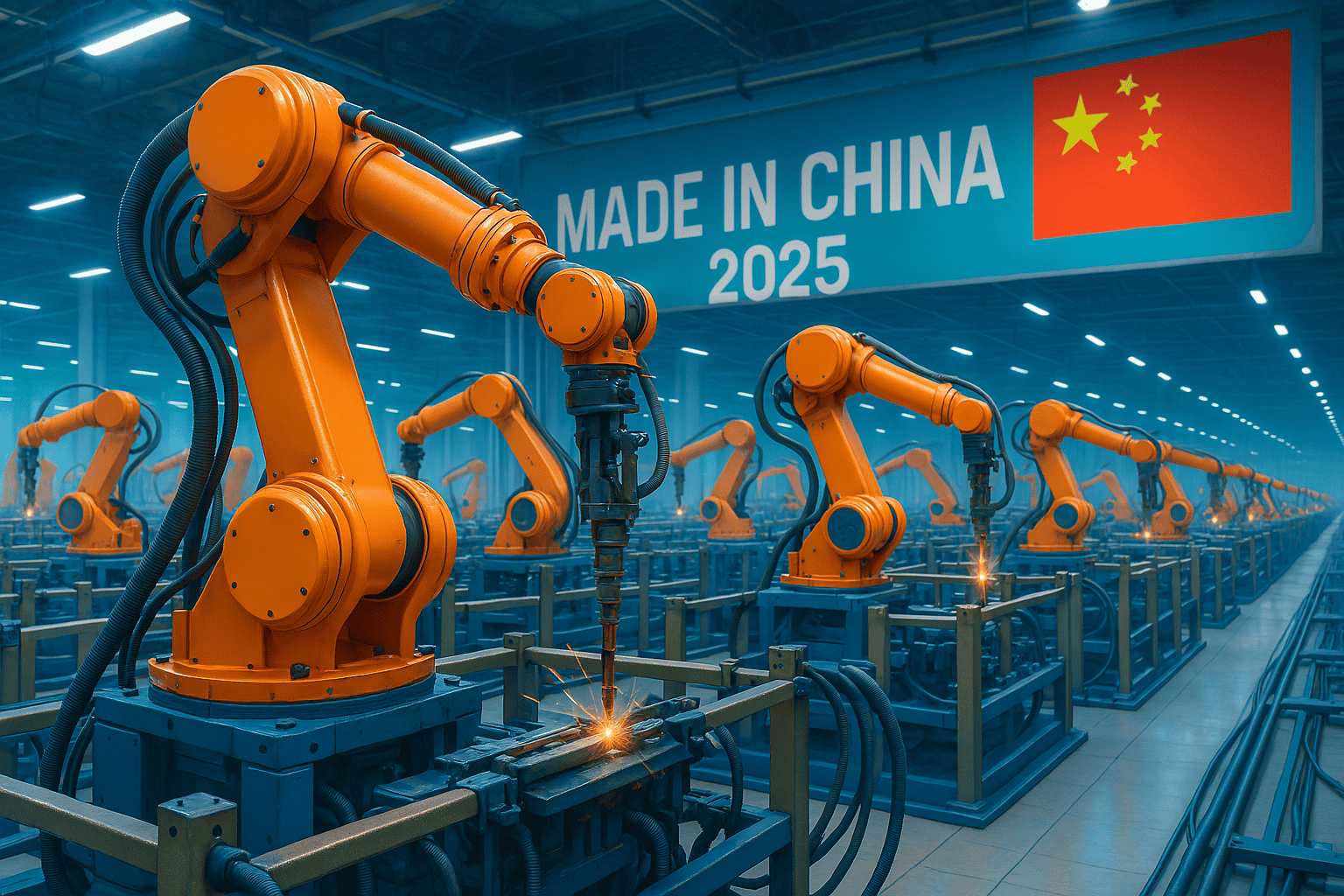In lectures, television appearances, and books like The Great Convergence, Kishore Mahbubani has attempted to explain the rise of Asia, and the new challenges and opportunities it affords. He has also described what he views as the decline of America, a country that has lost its way and cast off many of its own ideals. He is both a scholar and practitioner of world affairs. Beginning in the 1970s, he served in Singapore’s foreign ministry and then as the nation’s representative to the United



